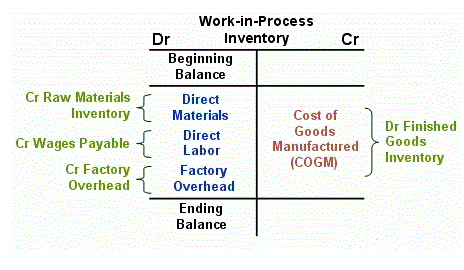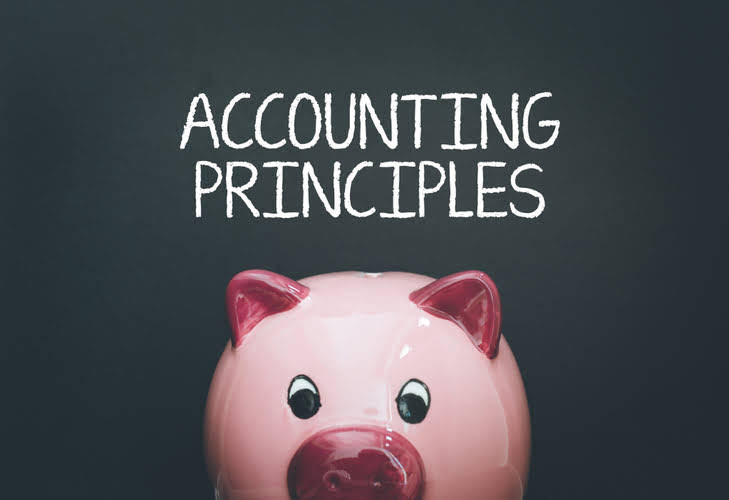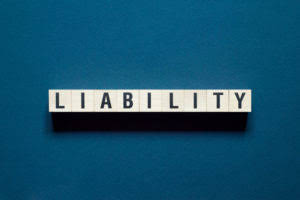
Besides his extensive derivative trading expertise, Adam is an expert in economics and behavioral finance. Adam received his master’s in economics from The New School for Social Research and his Ph.D. from the University of Wisconsin-Madison in sociology. He is a CFA charterholder as well as holding FINRA Series 7, 55 & 63 licenses. He currently researches and teaches economic sociology and the social studies of finance at the Hebrew University in Jerusalem. The ex-dividend date is the date after which the traded share will not pay a dividend to its new owner.
- High Dividend-yield Strategies target companies with high levels of dividend yield.
- By reinvesting profits rather than declaring dividends, ETFs can offset the tax implications that come with dividend investing.
- In other words, the movement of large amounts of money can cause a company’s stock to increase even if the underlying business is not growing.
- However, as CLP Holdings and utilities demonstrated earlier, that is not always the case.
- These companies pay their shareholders regularly, making them good sources of income.
Retained Earnings on the Balance Sheet
Conversely, the assets of the issuing company are reduced by the payment of a dividend. In fact, the declaration of a dividend creates a temporary liability for the company. The third type of dividend is property dividend; in this type of dividend distribution, the Company distributes some property among shareholders as a return on their investment. The liquidating dividend is when the company is winded up, and the company’s assets are distributed among shareholders by paying in the form of a dividend. Further, the shareholder doesn’t have to pay transaction costs and commission expenses. This also helps save on the cost as it acts as a form of return for the shareholders receiving a stock dividend.
How comfortable are you with investing?
Companies that pay dividends are often established entities with a history of generating profits. These profits are shared with shareholders in the form of dividends, providing them with regular income. This type of investment could be a great addition to your portfolio, depending on your specific overall financial goals. Consulting with a financial advisor may offer insight into how dividend investing aligns with your financial goals. Dividend Paying Stock An equity security that pays a portion of company earnings in a payout to certain shareholders, usually on a quarterly basis. Companies that issue consistent dividends provide returns to investors in the form of steady income.

What Is a Good Dividend Yield?
Dividend policy is a significant factor influencing companies’ choice of capital structure and dividend payment methods. The total amount an investor receives in a dividend payment is based on the number of shares they own. For example, if a stock pays a quarterly dividend of $1 per share and the investor owns 50 shares, they what type of account is dividends would receive a dividend of $50 each quarter. A dividend payment is a portion of a company’s earnings paid out to the shareholders. For every share of stock an investor owns, they get paid an amount of the company’s profits. Managers of corporations have several types of distributions they can make to the shareholders.
- For accounting purposes, dividends are a reduction in the retained earnings or profits of a company.
- A dividend’s value is determined on a per-share basis and is to be paid equally to all shareholders of the same class (common, preferred, etc.).
- Therefore, companies need to distribute dividends to satisfy those shareholders.
- Dividends are primarily paid to investors as cash, but some companies allow the dividend payment to be reinvested as additional partial stock in the company.
- Investors who are following an income-producing strategy tend to favor dividend-paying stocks, government and corporate bonds, and real estate investment trusts (REITs).
Its common stock has a par value of $1 per share and a market price of $5 per share. When the dividend is dependable, this makes those companies a more appealing investment for people seeking passive income, such as retirees. That can help increase the value of their stock because income investors tend to value stocks based on their income yield rather than other metrics. In either https://www.bookstime.com/ case, the combination of the value of an investment in the company and the cash they hold will remain the same. Miller and Modigliani thus conclude that dividends are irrelevant, and investors shouldn’t care about the firm’s dividend policy because they can create their own synthetically. For example, Walmart Inc. (WMT) and Unilever (UL) make regular quarterly dividend payments.

Balance Sheet
Hence, the property’s value will be reflected in the books of the accounts by USD100,000, which will be treated as the actual worth of the property dividend. The property dividend refers to the distribution of the property to the shareholders as a return on their investment. Once a stock dividend is released, the number of shares increases by a certain percentage.
- Hence, the board of directors may decide that a dividend will not be declared.
- However, investors are more likely to accept a residual dividend policy as it allows companies to use profits for future growth, which results in higher returns in the future for investors.
- Not all companies pay dividends, but many investors look to buy stock in companies that pay them as a way to generate regular income in addition to stock price appreciation.
- A company may issue a stock dividend rather than cash if it doesn’t want to deplete its cash reserves.
- A stock dividend is considered small if the shares issued are less than 25% of the total value of shares outstanding before the dividend.
Why companies pay dividends
When are they paid?

